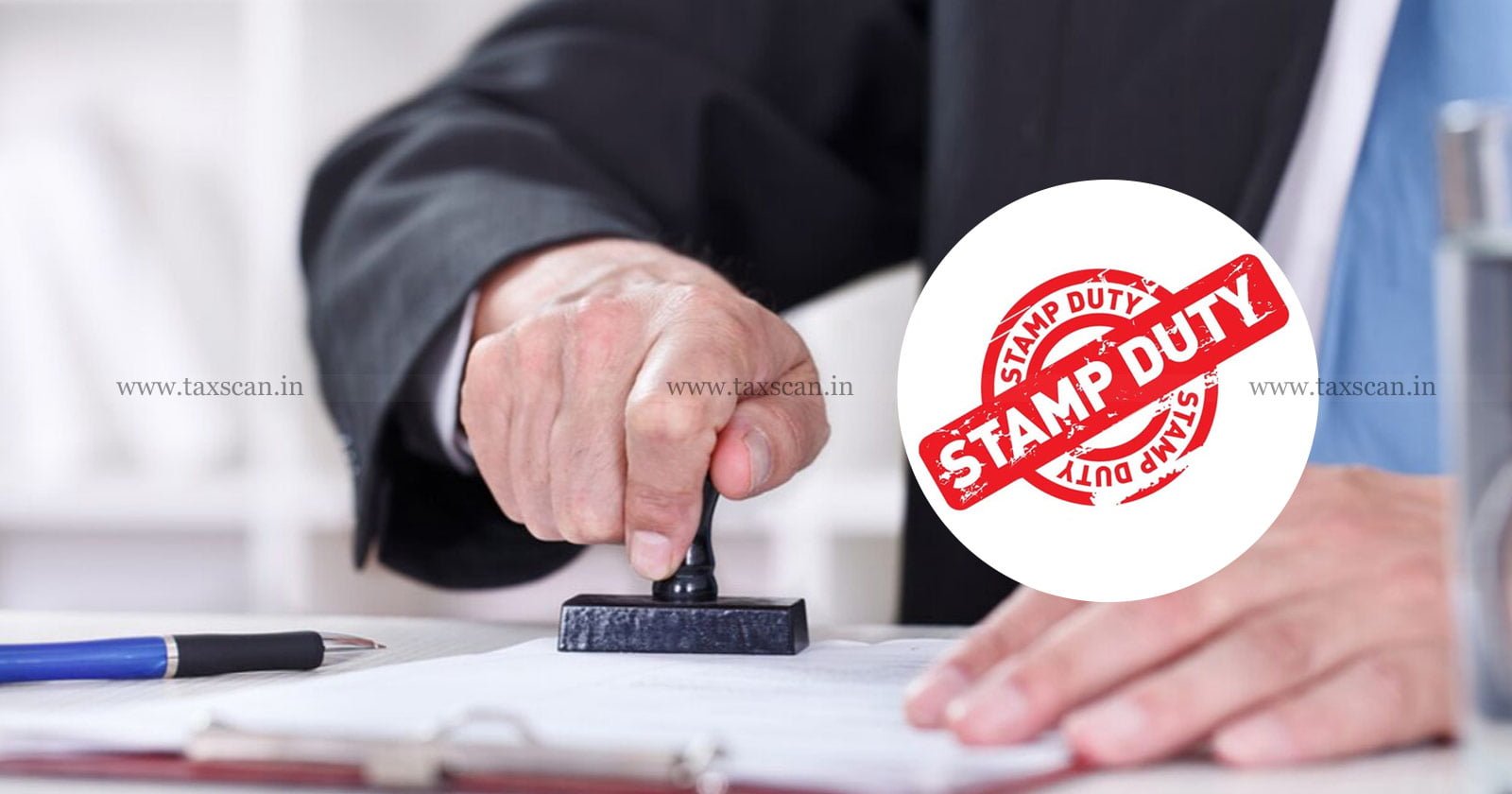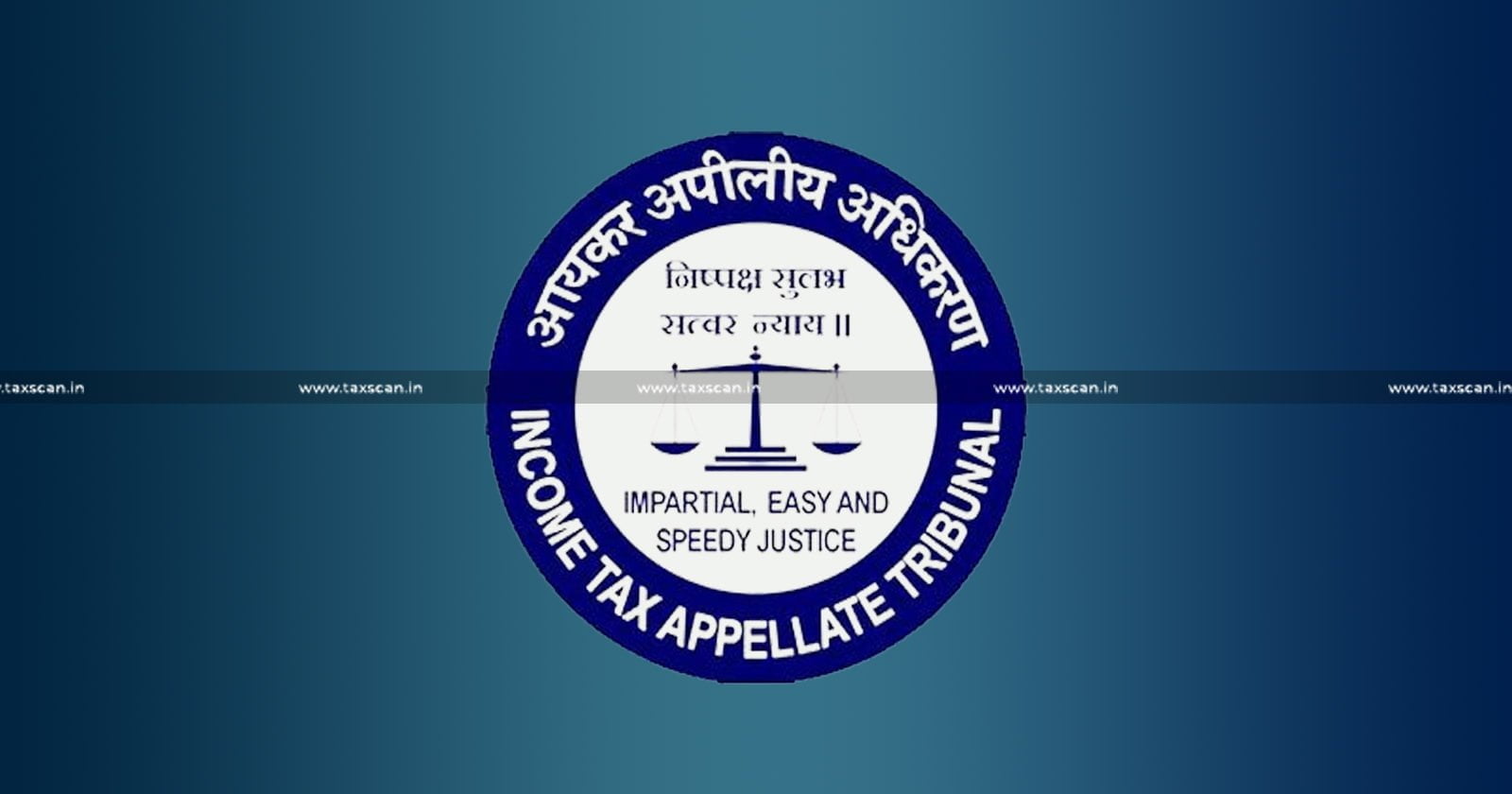Madras HC Strikes Down Central Excise R.8(4) Ultra Vires, Quashes Demand Orders With Fresh Hearing [Read Order]
The Court declared Rule 8(4) of the Central Excise Rules, 2001 and 2002, ultra vires, setting aside related demand and recovery orders, and directed a fresh hearing.
![Madras HC Strikes Down Central Excise R.8(4) Ultra Vires, Quashes Demand Orders With Fresh Hearing [Read Order] Madras HC Strikes Down Central Excise R.8(4) Ultra Vires, Quashes Demand Orders With Fresh Hearing [Read Order]](https://images.taxscan.in/h-upload/2025/06/18/2050001-cdc7d6e5-d824-4c7f-9a74-7a7ef9c5ac5b.jfif)
The Madras High Court has struck down Rule 8(4) of the Central Excise Rules, 2001 and 2002, declaring it inconsistent with Rules 3 and 4 of the Cenvat Credit Rules, 2001 and 2002, and ultra vires Section 37(2)(xxviii) of the Central Excise Act, 1944. The court also set aside a demand order and a recovery notice issued against Salem Textiles Limited, directing a fresh hearing.
Salem Textiles Limited, represented by its Managing Director R. Prabakaran and General Manager N. Harinarasimhan, filed writ petitions under Article 226 of the Constitution of India. The petitions challenged an order and a recovery notice dated 24.06.2004, and sought a declaration that Rule 8(4) of the Central Excise Rules, 2001 and 2002, was unenforceable.
The petitioner argued that Rule 8(4), which mandates excise duty payment by debit to the account current, was inconsistent with the Cenvat Credit Rules, which permit utilization of duty paid on inputs as Cenvat credit. The petitioner contended that the rule was arbitrary, violative of Article 14 of the Constitution, and ultra vires the Central Excise Act.
3000 Illustrations, Case Studies & Examples for Ind-AS & IFRS, Click Here
The respondents defended the validity of the impugned rule and orders of the lower authorities. However, the Respondents accepted a prior ruling in M/s. Malladi Drugs & Pharmaceuticals Limited v. The Union of India had struck down a similar provision, Rule 8(3A), which was in pari materia with Rule 8(4) of the Central Excise Rules.
A bench comprising Justice Dr. Anita Sumanth and Justice C. Kumarappan relied on the precedent set in the Malladi Drugs case. The court observed that Rule 8(4) was inconsistent with the Cenvat Credit Rules and declared it ultra vires.
The court set aside the demand order dated 16.05.2005 and the recovery notice dated 24.06.2004 to the extent covered by the declaration. The court directed the petitioner to appear before the Commissioner of Central Excise for a fresh hearing on the remaining demands.
 Also Read:ITAT Deletes Addition u/s 56(2)(x); Holds Sale Price Below Stamp Duty Value Justified Due to Title Dispute, Variation Within 5% Threshold
Also Read:ITAT Deletes Addition u/s 56(2)(x); Holds Sale Price Below Stamp Duty Value Justified Due to Title Dispute, Variation Within 5% Threshold
The Court directed the commissioner to pass orders within four weeks after hearing the petitioner’s submissions.
The court held that failure to appear on the specified date would result in the withdrawal of the benefits granted under the order. The writ petitions were disposed of with no costs, and the connected miscellaneous petitions were closed.
How to Audit Public Charitable Trusts under the Income Tax Act Click Here
Support our journalism by subscribing to Taxscanpremium. Follow us on Telegram for quick updates



